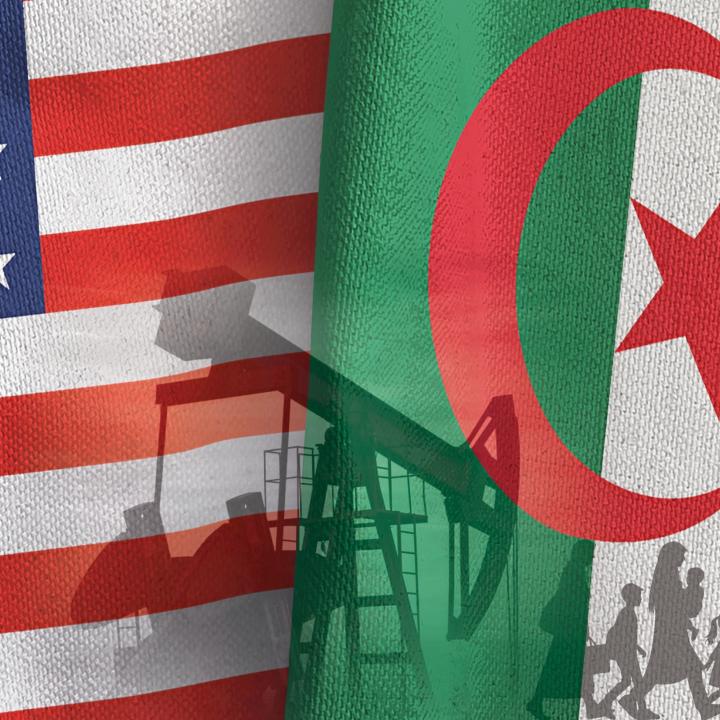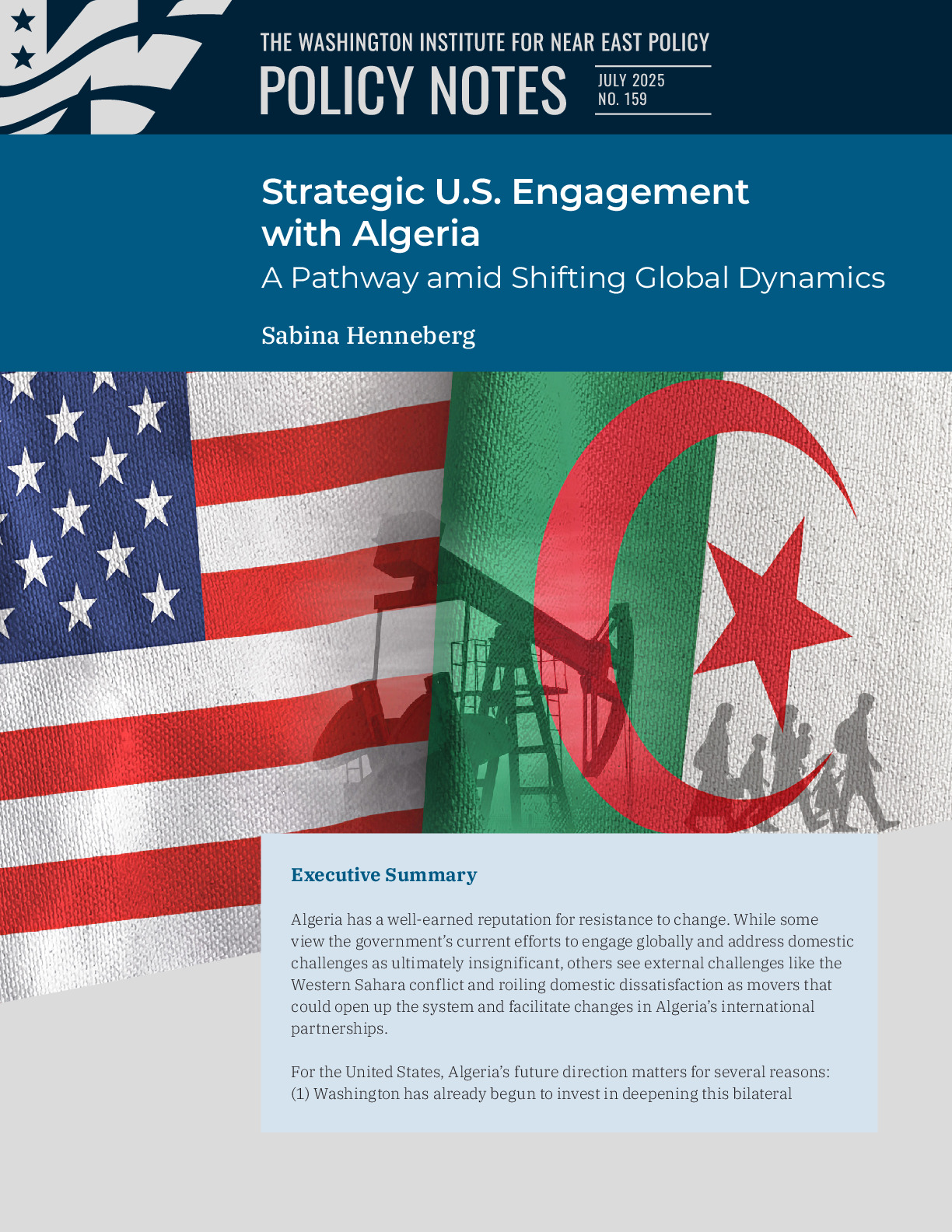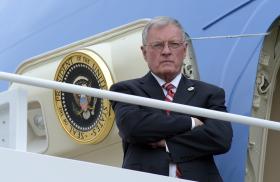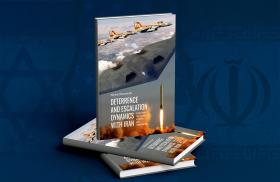
- Policy Analysis
- Policy Notes 159
Strategic U.S. Engagement with Algeria: A Pathway amid Shifting Global Dynamics

Washington should help Algiers embrace greater openness, both to promote stability in North Africa and to advance U.S. interests like counterterrorism and economic competition with China.
Since gaining independence in 1962, Algeria has earned a reputation as a relatively closed country, with policies guided by self-sufficiency, noninterference, and nonalignment. Yet it has also long sought to demonstrate relevance on the world stage, such as after 9/11, when it served as a regional partner in the U.S.-led war on terror. Today, Algeria faces challenges including a migrant crisis that has strained the social fabric and the Western Sahara conflict next door—which is not on the leadership’s preferred trajectory. Washington has an interest in helping Algiers navigate these challenges and embrace greater openness, both to promote stability in North Africa and to advance U.S. interests like counterterrorism and economic competition with China.
In this Policy Note, North Africa expert Sabina Henneberg focuses on trends in Algeria since the 2011 Arab uprisings as a means of understanding where the country might go from here. Effective U.S. engagement will require patience, she counsels, but could offer benefits that include expanded corporate opportunities in this large, relatively wealthy country.




